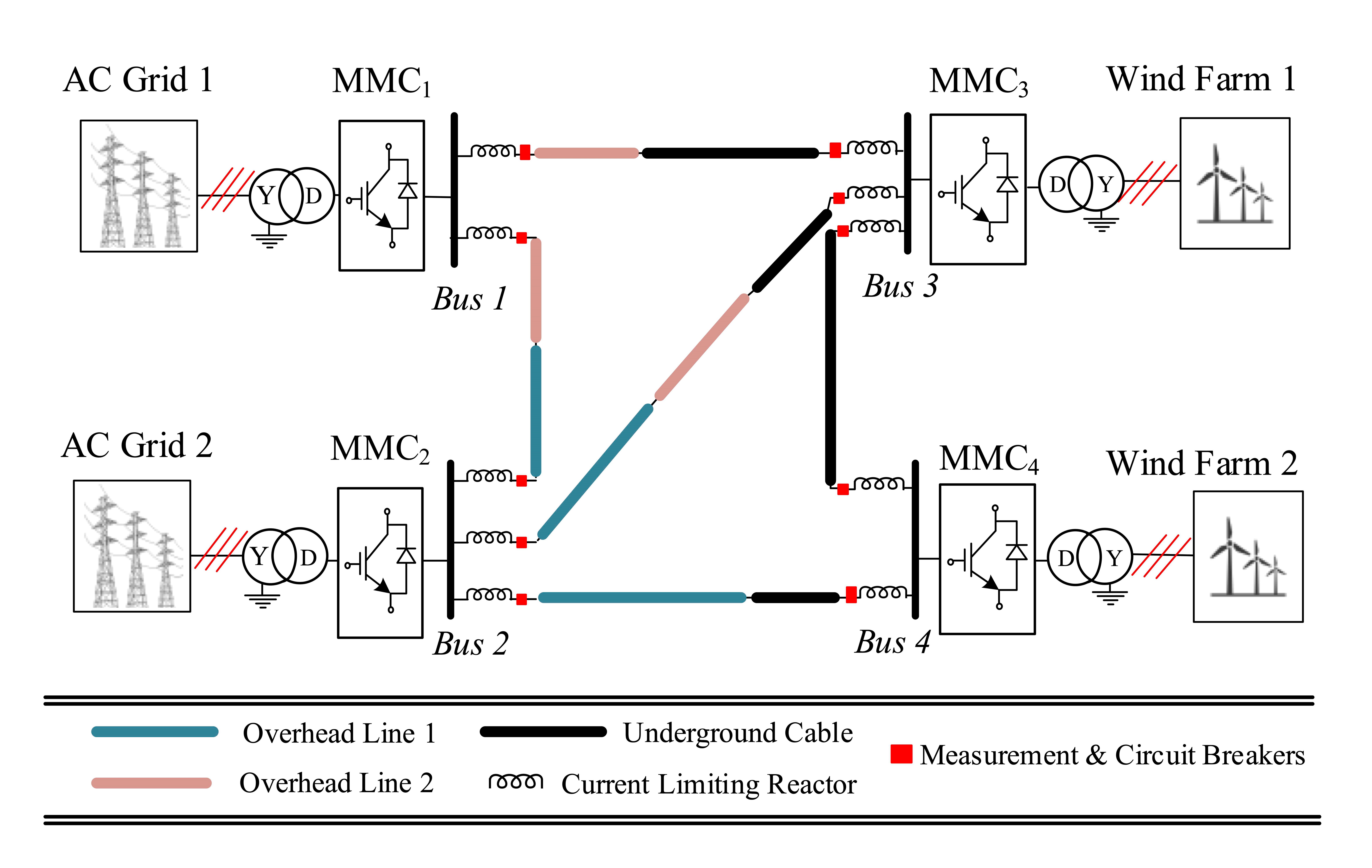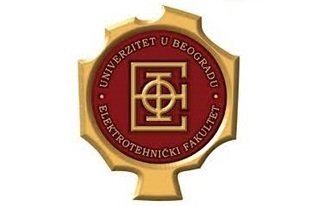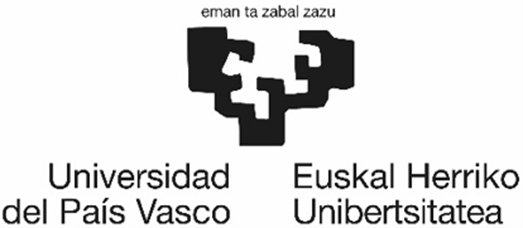SUNRISE
Setting Up green eNergy Research In SErbia
Overview

The EU aims to reduce greenhouse gas emissions and be climate-neutral by 2050. Serbia has also adopted the Clean Energy for all Europeans package and agreed to a decarbonization roadmap. The transition to net-zero greenhouse gas emissions includes the decarbonization of the power sector. Increasing the penetration of renewable energy sources (RES) requires the basic knowledge of control, operation, and protection of power electronics interfaced with renewable sources and storage systems. Research capacity in the power system decarbonization domain at the University of Belgrade (UB), as well as other actors in Serbia and the region, are undeveloped and insufficient for competitive re-search and innovation.
Project description
The main objective of the project SUNRISE is to bridge the gap in research infrastructure by realizing RES integration using real-time simulation (RTS) plat-forms such as OPAL-RT and RTDS. A massive open online course (MOOC) will provide guidelines for simulations using RTS in OPAL-RT and RTDS and their co-simulation. Multi-terminal (MT) high voltage direct current (HVDC) system (shown in the figure) would be studied and the objectives of control, operation, and protection would be discussed in detail. It will unlock the potential to simulate hybrid power systems (consisting of both Alternate Current (AC) and Direct Current (DC) power systems) on each voltage level: Low Voltage (LV) microgrids and Medium Voltage (MV) systems. Further, training will be aimed to help researchers of UB to utilize the full potential of the re-search equipment and get an understanding of how this equipment could con-tribute to the research.
Intended deliverables
The integration of RES into conventional power systems requires the under-standing of control, operation, and protection of power electronics interfaced power systems. These ensure resilient, reliable, and robust system functioning. The main research objectives of the project SUNRISE are:
• Robust Control for RES integration: Combining the attributes of the state-of-art proportional-integral and other controllers like sliding-mode, model pre-dictive, and Lyapunov-based backstepping controllers.
• Reliable operation: Covering the understanding of different system disturb-ances like load transients, system islanding, etc. Further, studying different anti-islanding schemes (passive and active) to detect the formation of islands due to grid outages. This is essential for the control transition from grid-following to grid-forming systems upon system islanding.
• Secure, selective, and dependent protection: Designing low computation time-domain-based fault identification and location algorithms that ensure continuous operation even upon a fault contingency. This includes the study of MT-HVDC systems which rather have stringent protection requirements compared to their AC counterpart.
These research objectives would lay the basic foundation for RES integration into the conventional power grid with RTS like RTDS and OPAL-RT helping in a better realization of the actual system. Further, training in the basics of power electronic control, operation, and protection would help in a long-lasting and easy understanding of RES integration.
Project partners
Project SUNRISE is funded by The EU HORIZON-WIDERA-2021-ACCESS-03-01, under number 101079200.
This project benefits from the support of different academic partners as follows: School of Electrical Engineering, University of Belgrade – Serbia ; Faculty of Electrical Engineering, Mathematics and Computer Science, TU Delft – Netherlands; Universidad de Sevilla - Spain; Universidad del País Vasco/ Euskal Herriko Unibertsitatea - Spain; Poslovno-tehnološki inkubator tehničkih fakulteta, Beograd - Serbia







